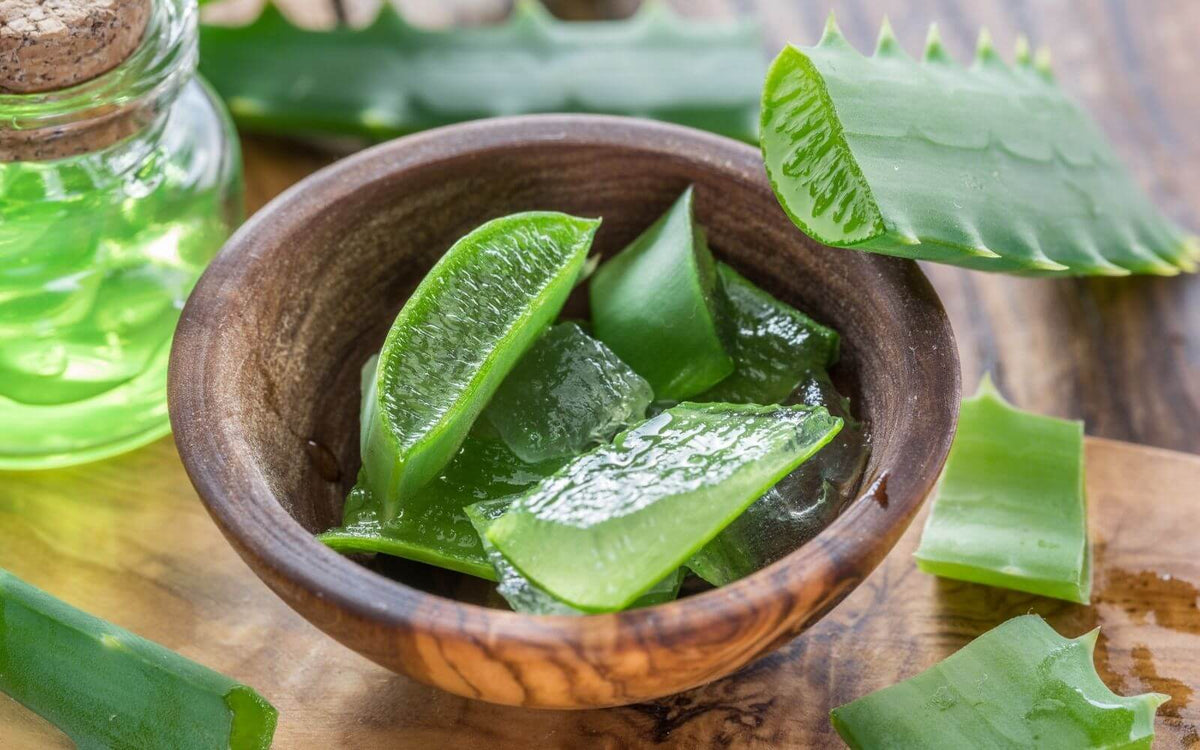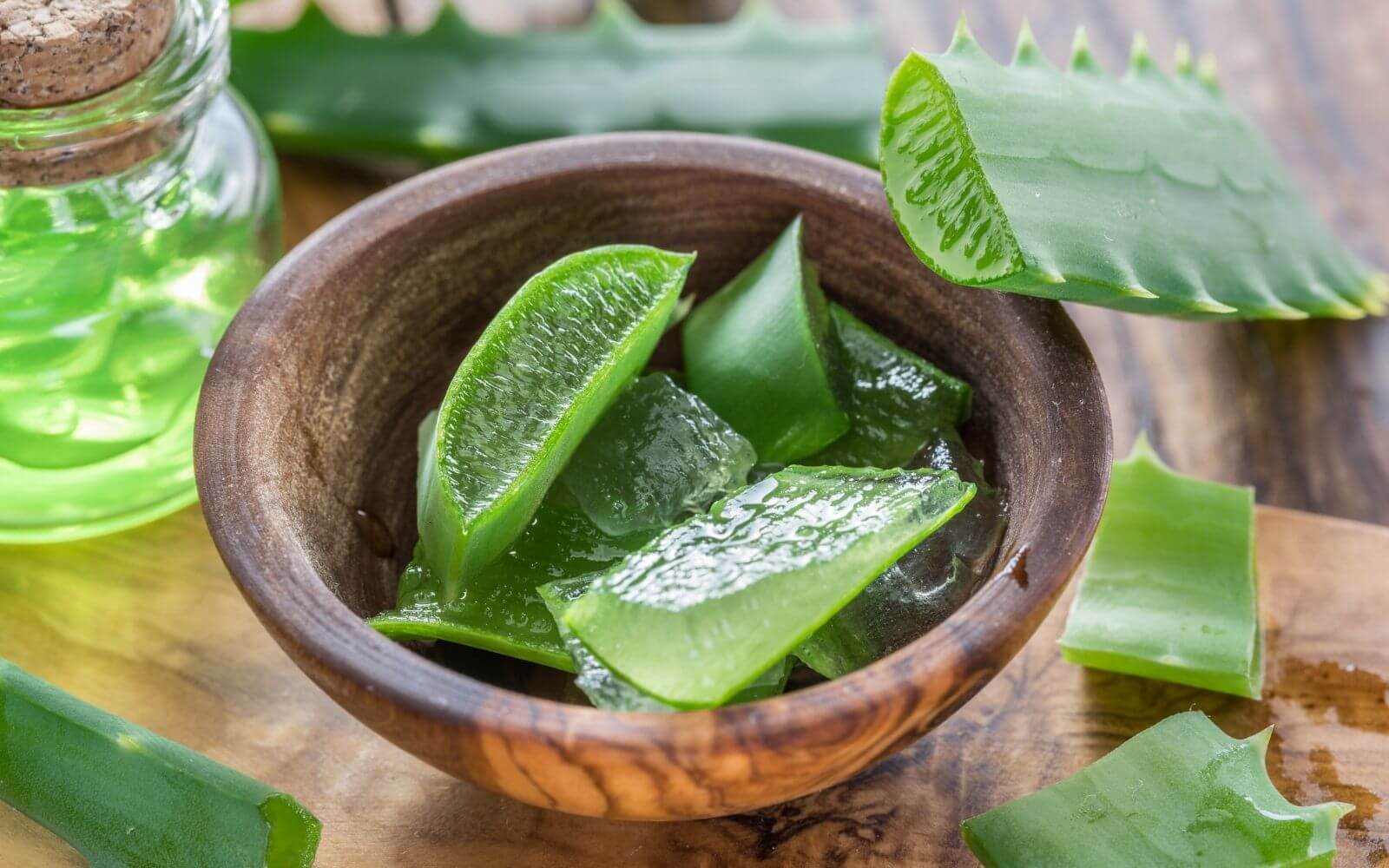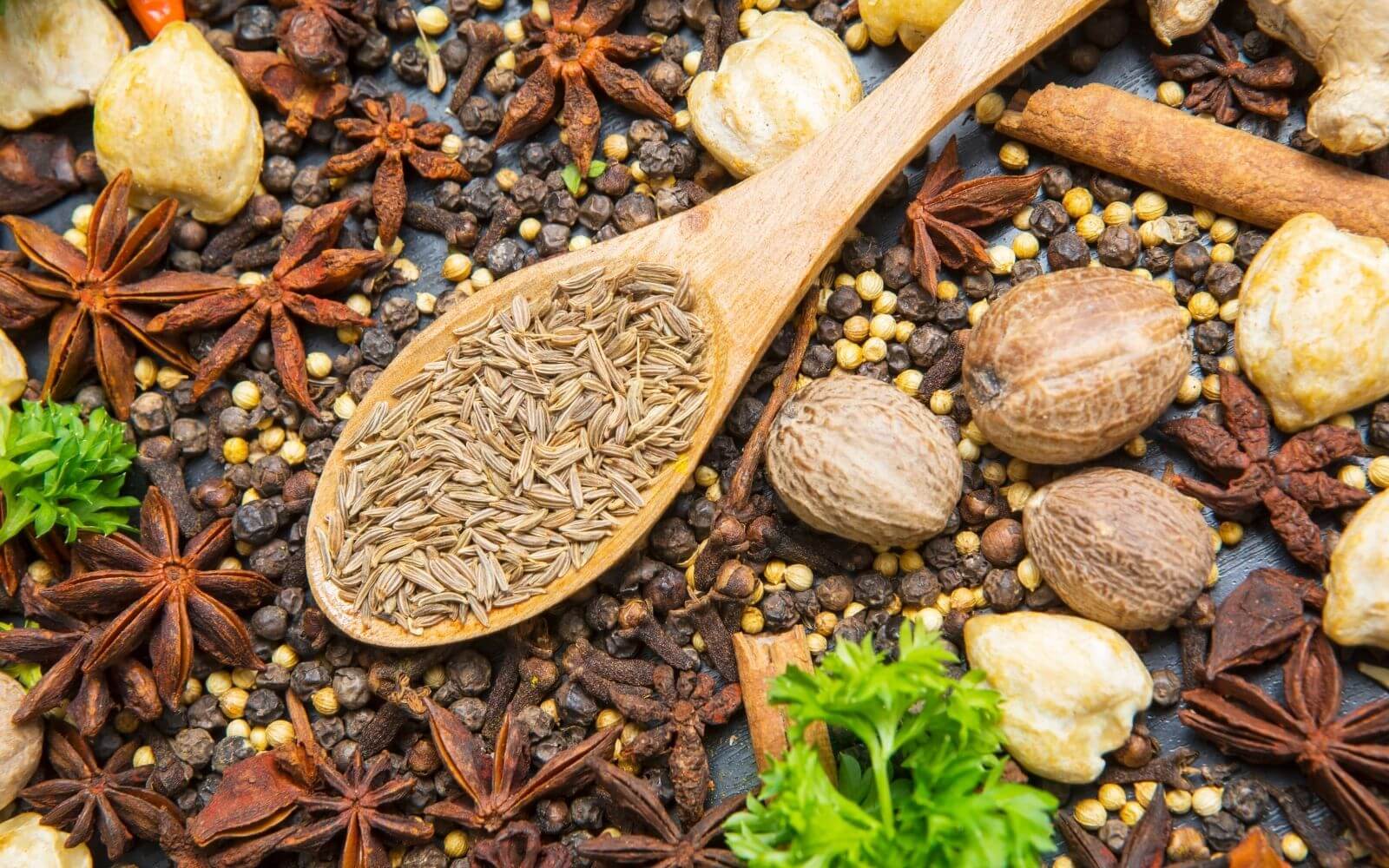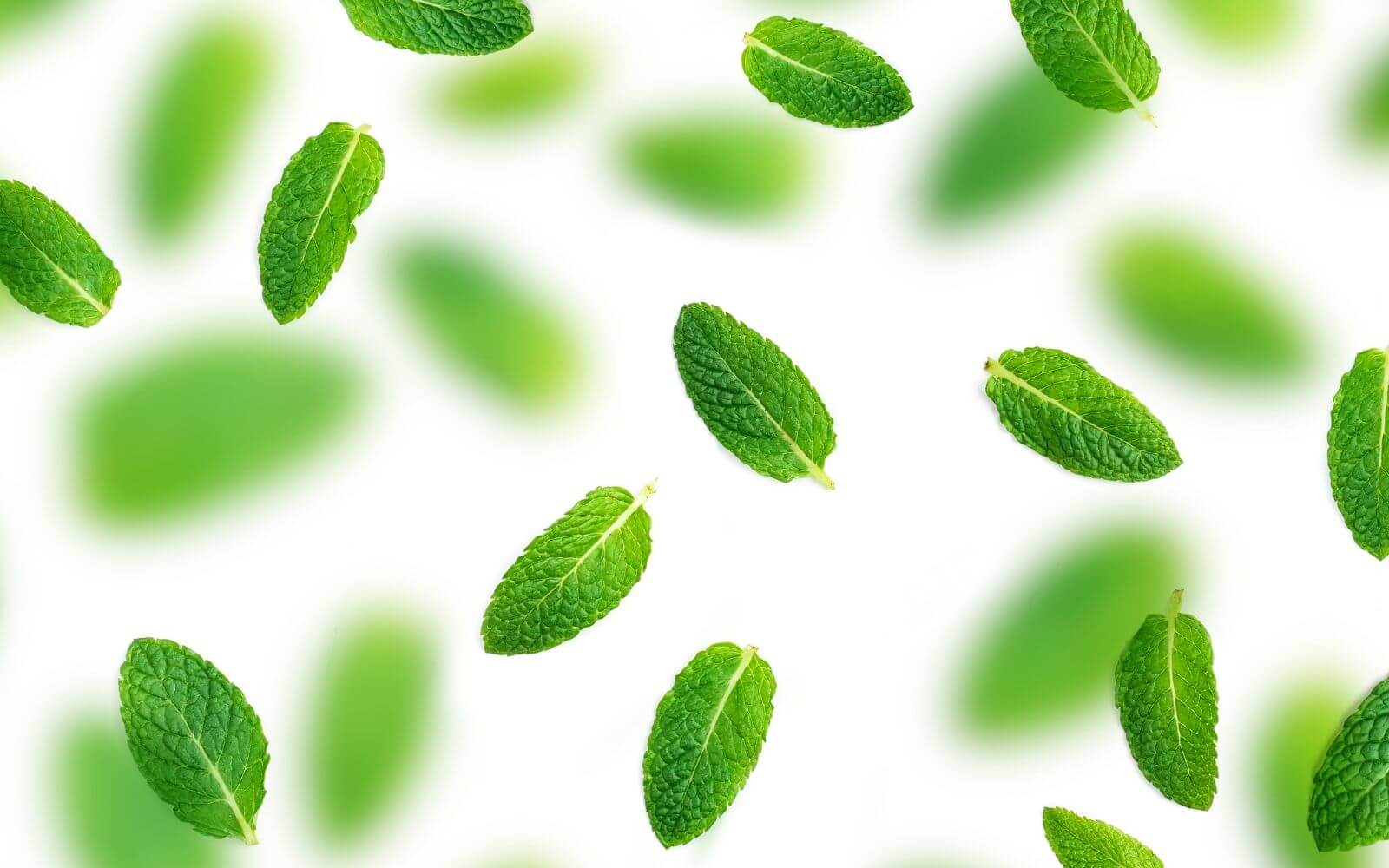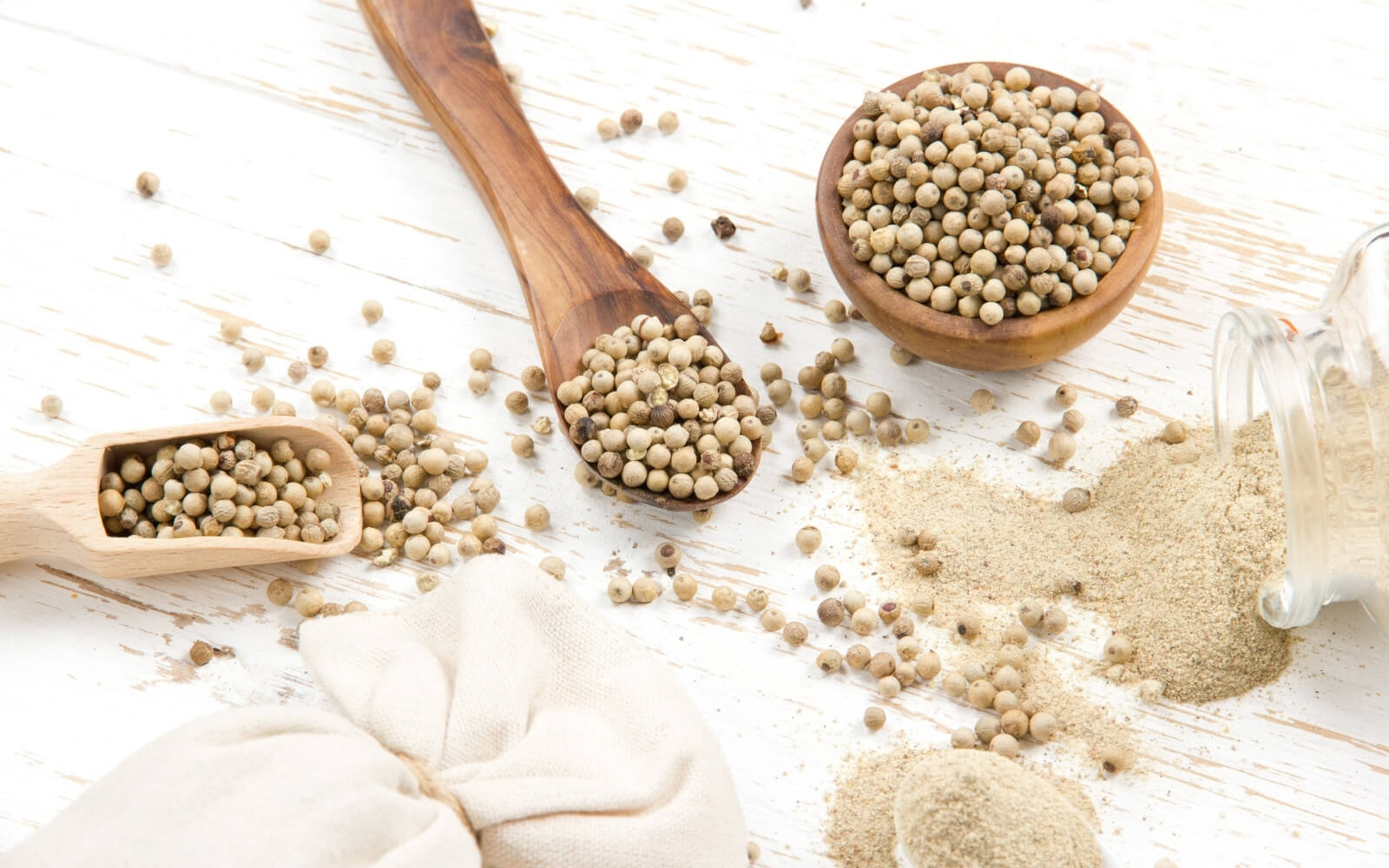Marshmallow Root: What Is It?
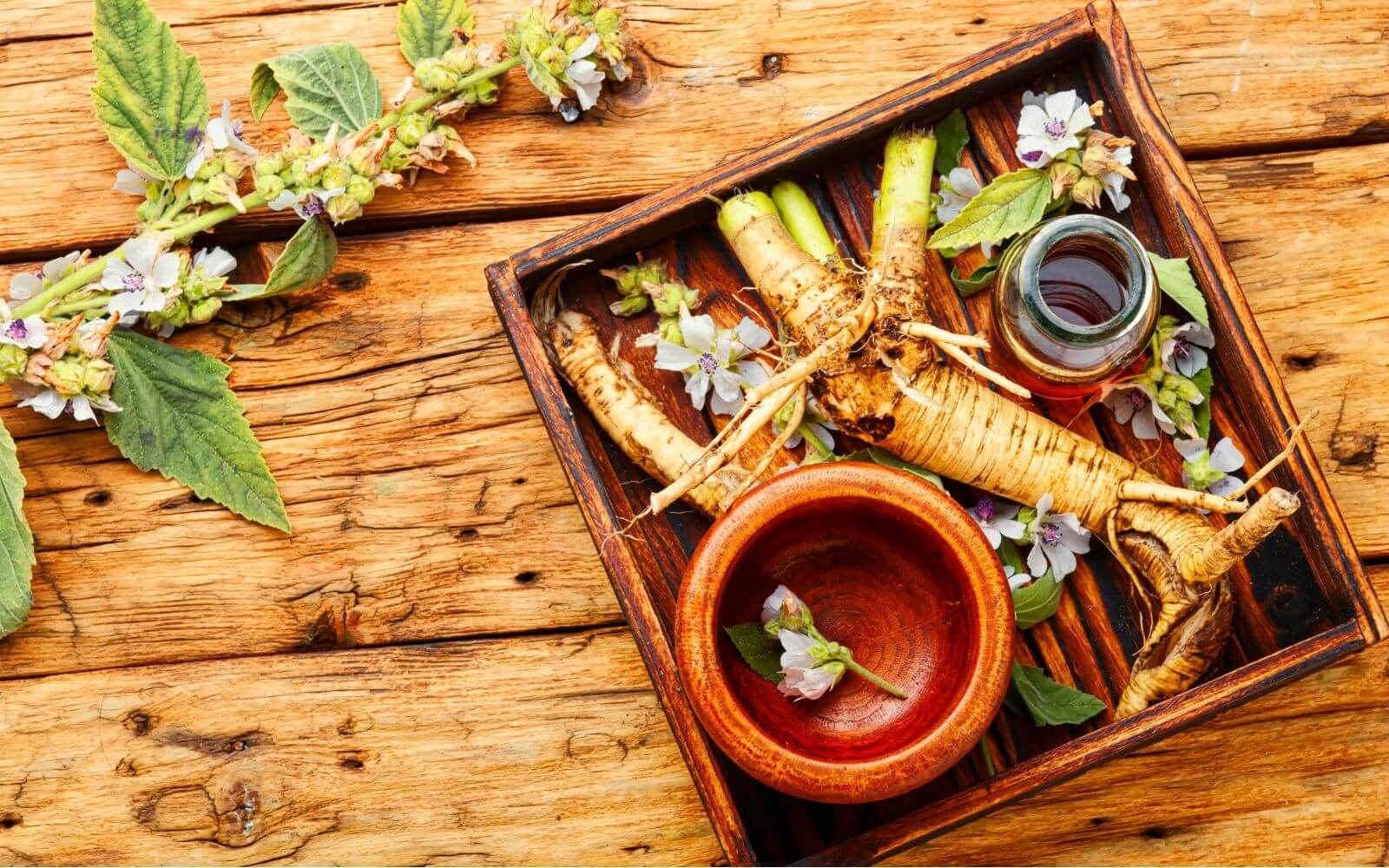
What Is Marshmallow Root?
Marshmallow root, referred to as (Althaea officinalis) is a perennial herb native to Europe, Northern Africa, and Western Asia. It has been used for thousands of years to improve digestion and treat respiratory and skin conditions. Marshmallow root contains mucilage (a think, gluey substance produced by some plants), which may explain its soothing powers.
It can be consumed in capsule, tea, or tincture form. In this article we discuss the uses, benefits, side effects, and taste of marshmallow root.
What Does Marshmallow Root Do?
Marshmallow root has many uses and can help soothe irritated skin, accelerate wound healing, promote overall skin health, repair gut lining, and more. It has powerful antioxidant properties that can protect the body from damage caused by free radicals. Below we discuss the potential benefits of marshmallow root.
1. May Repair Gut Lining
Marshmallow root extract can help relieve both inflammation and irritation in the digestive tract. For example, a 2010 study found that the polysaccharides from marshmallow root can soothe irritated mucous membranes. This may be because the mucilage content forms a protective layer of tissue on the lining of the digestive tract.
Marshmallow root has gained popularity in recent years as a potential treatment for IBS (irritable bowel syndrome) and IBD (inflammatory bowel disease).
2. Can Improve Digestion
In addition to repairing gut lining, marshmallow root has also been shown to improve digestive conditions like heartburn and constipation. A 2011 study found that marshmallow root displayed positive benefits in treating gastric ulcers. More research is needed, however, in this particular domain.
3. May Treat Coughs and Colds
Research suggests that marshmallow root may be helpful for treating coughs and colds. One small study from 2005 found that cough syrups containing marshmallow root were more effective than syrups not containing this perennial herb. In fact, within 12 days 100% of the participants reported at least an 86 percent improvement in symptoms.
Upon examination, marshmallow root appears to loosen mucous and inhibit the growth of harmful bacteria.
4. Relieves Skin Irritation
When used topically, marshmallow root, due to its anti-inflammatory effects may relieve irritated skin caused by eczema, furunculosis, and dermatitis.
A systematic review from 2013 found that applying an ointment containing 20 percent marshmallow root extract decreased skin irritation. When used alone, however, the extract was a little less effective than the ointment combination.
Researchers believe that marshmallow root stimulates certain cells that have anti-inflammatory properties.
5. Acts As An Antioxidant
Marshmallow root has antioxidant properties that may help protect the body from free radical damage. Free radicals are unstable atoms that can cause damage to cells eventually leading to illnesses and aging.
A 2011 study found that marshmallow root was comparable to many standard antioxidants.
6. May Accelerate Wound Healing
A 2015 animal study found that marshmallow root extract may help treat "gram-positive bacteria." Interestingly enough, this specific type of bacteria is responsible for over 50 percent of the infections that occur.
Results showed that when applied topically, the extract dramatically improved wound healing compared to antibiotic controls.
7. Acts As A Diuretic
Marshmallow root acts a diuretic. Diuretics flush excess fluid and waste from the body which helps to cleanse the kidneys and the bladder. One 2016 study found that the soothing effect of marshmallow root can relieve inflammation and irritation in the urinary tract and also may be effective in treating UTI's (urinary tract infections).
8. Can Act As A Pain Reliever
A 2014 study concluded that marshmallow root may act as an analgesic (painkiller). This is what makes it such a great option for skin irritation, abrasions or a sore throat and cough.
What Does Marshmallow Root Taste Like?
Similar to other ancient herbs, marshmallow root has an "awkward" taste to it. It isn't, however, that difficult to swallow and can be prepared in a number of different ways. It has been described as mildly "earthy-like" and can be consumed as a tea, tincture, or capsule form. If the taste or aroma is not your favorite try combining it with some honey, lemon, or cinnamon.

Marshmallow Root Side Effects
There are very few, if any reported side effects of marshmallow root. Although rare, the most common reported side effects include upset stomach and dizziness.
For best results take marshmallow root with at least 8 ounces of water for 4 weeks.
Consult with your doctor if you are taking certain medication to see if marshmallow root is right for you. It is best to avoid the use of this herb if:
- You are pregnant or breastfeeding
- Have an upcoming surgery
- Have diabetes
Marshmallow Root Dosage
The recommended dosage ranges from 50 mg taken once daily when consumed in capsule form to over 6 grams when consumed as a raw powder.
Marshmallow Root Supplement
Clean Gut™ is an all-natural gut health supplement that soothes, strengthens, and protects your intestinal tract and gut. It’s formulated with 150 mg of marshmallow root extract and 5 all-natural superfoods that work together to protect your intestinal tract and gut.

You can shop Clean Gut™ here.
What Is Marshmallow Root Good For Summary
Marshmallow root is a perennial herb native to Europe, Northern Africa, and Western Asia and has grown in popularity in recent years as a potential treatment for IBD (inflammatory bowel disease) and IBS (inflammatory bowel syndrome). Marshmallow root contains mucilage (a think, gluey substance produced by some plants), which may explain its soothing powers.
There are very little side effects of this perennial herb, however, there are certain individuals who should contact their doctor first before using.
Leave a comment
Comments will be approved before showing up.
Also in Ingredients

Licorice Root: Benefits, Side Effects & Dosage

Slippery Elm Bark Benefits, Side Effects & Dosage
